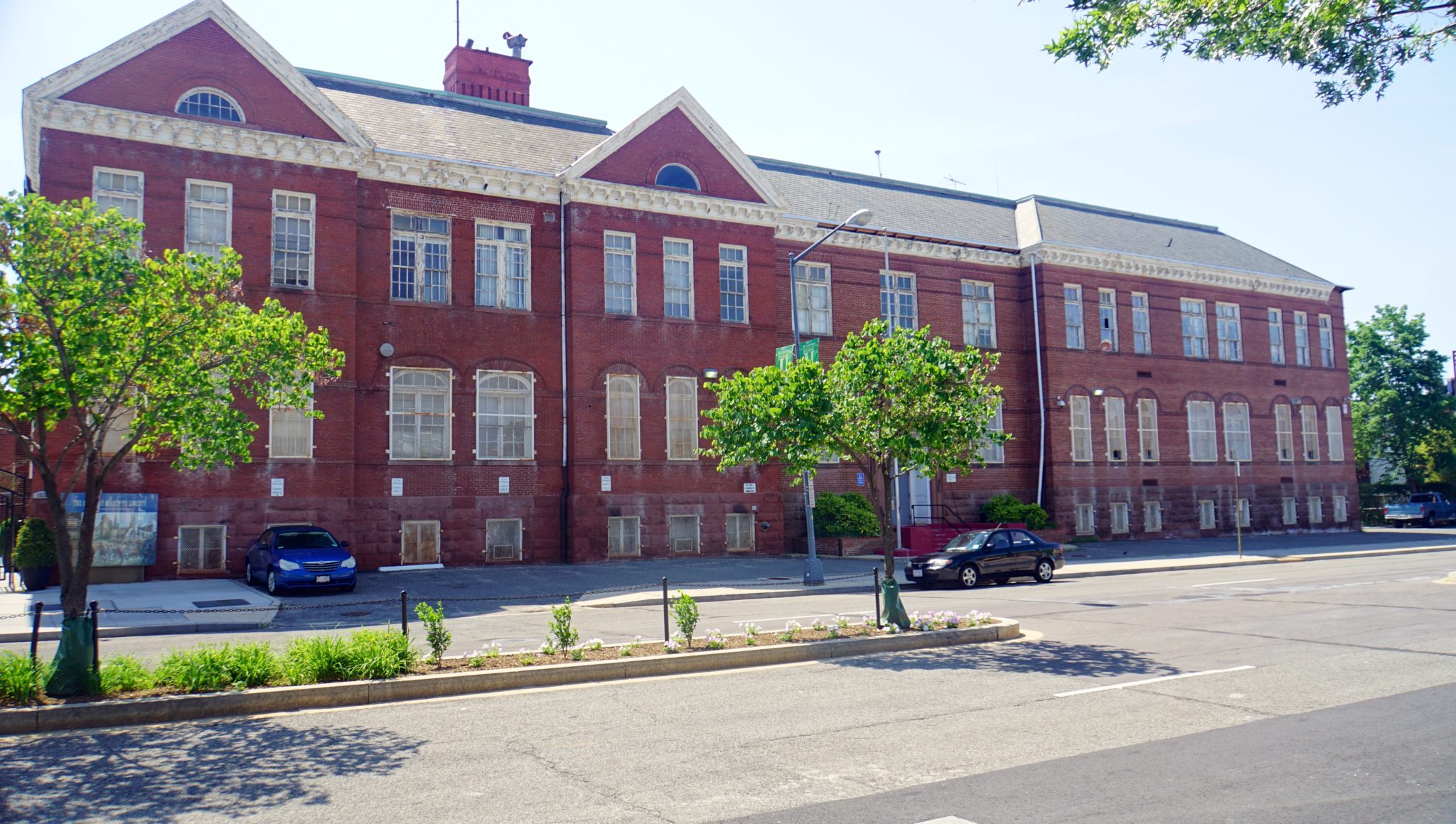FOR IMMEDIATE RELEASE
ANNOUNCING EDUCATION POLICY INITIATIVE
WASHINGTON, D.C. October 26, 2017 – The D.C. Policy Center is growing and now launching its new Education Policy Initiative to study how the city’s education policies, demographic changes, housing options, and transportation intersect. Since its establishment in 2016, the D.C. Policy Center has expanded its role as a non-partisan think tank committed to advancing policies for a strong and vibrant economy in the District of Columbia. The D.C. Policy Center has already published over 60 studies on the District’s economy and demography and provided strong evidence to develop a wide range of public policies, including proposals on paid family leave, tax reform, and out-of-school time programs.
The D.C. Policy Center is expanding its research and analyses to focus on education because significant demographic changes we observe in the city are closely related to how schools serve D.C. families. Schools can pull new families into the city or certain parts of the city. And sometimes they push families out of certain neighborhoods, or entirely out of the city, especially if families feel they don’t get what they need from the school system. This picture is particularly complex in the District because of the uniqueness of the city’s public school offerings and the city’s close proximity to other suburban areas with strong school systems and more affordable housing.
Education policy, when well-conceived, has the potential to make schools desirable and transformative for all D.C. families. The District has seen an increase in its public school population after years of decline, as well as rising test scores. But challenges remain in providing all children access to quality schools, in improving opportunities for young people, and in retaining middle-income families. Adding a layer of complexity to education policy, enrollment in D.C.’s public schools is almost equally divided between traditional public and public charter schools.
“The Education Policy Initiative will help shape public policy in an area that impacts almost every aspect of life in the District of Columbia, and presages the city’s future demographic profile” pointed out Charles (Sandy) Wilkes, Chairman of the D.C. Policy Center’s Board of Directors.
“Education policy must adapt to the changing needs of the city, but its relation to demographics, housing, and transportation goes unexamined. The D.C. Policy Center’s Education Policy Initiative will provide important information to policymakers as the city examines its future needs to serve all students.” said Anthony Williams, the Chief Executive Officer of the Federal City Council, and former mayor of the District of Columbia.
By examining the connections between demographic change, housing policies, and transportation policies, and uncovering their relation to education, the Education Policy Initiative will produce important data and analyses that the District’s policymakers can use in developing sound education policies and plans for the public school system. At the beginning, the Education Policy Initiative will examine how D.C.’s schools can attract, keep, and serve families of all types. Over a two-year period, the Initiative will expand its research to better understand the role of education in shaping the city’s demographics, and vice versa, and how transportation and housing policies impact schooling preferences, school locations, and the education landscape. The Education Policy Initiative will contribute to a more informed policymaking conversation among D.C.’s education stakeholders by sharing actionable findings and providing access to relevant data.
As part of the D.C. Policy Center, the Education Policy Initiative draws support from a diverse network of local and national supporters. The D.C. Policy Center’s strong network of local support representing every major industry in the District has enabled the Education Policy Initiative to attract funding from national foundations. With this generous support, the D.C. Policy Center has expanded its team to include Chelsea Coffin, who will lead the Education Policy Initiative. Chelsea’s work in education policy analysis has informed planning at the DC Public Charter School Board as well as education research and lending projects at the World Bank, the Inter-American Development Bank, and education non-profits. We are excited to join the important education policy conversation in the District of Columbia, and we look forward to collaborating with the Mayor, District Government agencies, the members of the Council, advocates, community members, education providers, and education researchers.
Contact
Chelsea Coffin, Director of Education Policy Initiative
1156 15th St. NW Suite 600, Washington DC 20005
